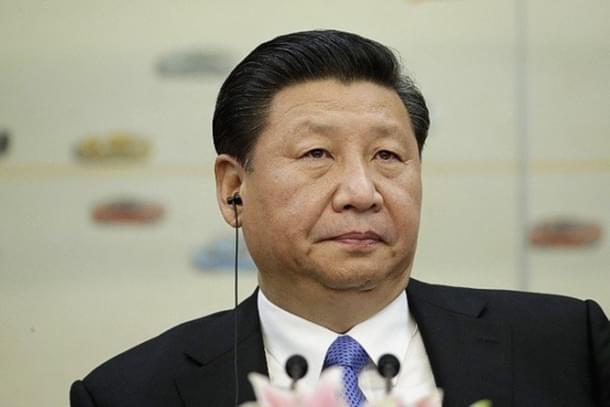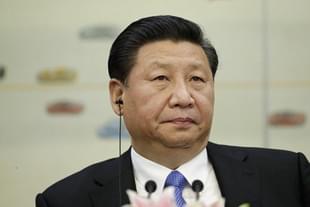News Brief
Explained: CCP's Plan To Build A Financial Powerhouse To Revive China's Economy
Swarajya Staff
Nov 13, 2023, 12:55 PM | Updated 12:55 PM IST
Save & read from anywhere!
Bookmark stories for easy access on any device or the Swarajya app.


China has, for the first time, established a goal to expedite the development of a financial powerhouse, with the ruling party taking charge of achieving this objective, as announced at the Central Financial Work Conference, held every five years.
President Xi Jinping led the conference in late October amid an economic slowdown, a prolonged downturn in the property industry, struggling stock markets, and rising local government debt, as reported by Asia Nikkei over the weekend. Notably, this year's conference addressed the real estate sector, which has adversely affected China's stock markets.
The conference highlighted the pivotal role of finance as the lifeblood of the national economy and a key element of the country's core competitiveness.
To underscore the Chinese Communist Party's (CCP) increased oversight, the conference changed its name from the National Financial Work Conference to the Central Financial Work Conference.
The Central Financial Commission (CFC), established in March, is tasked with leading financial work directly under the supervision of the Communist Party Central Committee. It will oversee planning and coordination, absorbing the Financial Stability and Development Committee.
Local governments will establish provincial and municipal offices of the CFC and the Central Financial Work Commission, clarifying their authority over financial oversight at the local level.
The conference identified major financial risks arising from local government debts, the property sector, and small and medium-sized financial institutions.
The meeting discussed how finance should serve the real economy, emphasising the need for more financing to promote scientific and technological innovation, advanced manufacturing, green development, and small and medium-sized enterprises, with a particular focus on supporting small and medium-sized tech enterprises.
Regarding the property sector, the conference acknowledged the risks and outlined plans to improve regulation of property developers and their access to funding. It called for equal treatment of all developers, state-owned or private, and emphasised the implementation of housing policies suitable to each city's situation.
To address local government debt risks, China will set up a system to resolve local government debt risks and manage government debt to support high-quality economic growth.
This expands on the 2017 directive, indicating a determination to resolve the entire local debt problem, including liabilities of local government financing vehicles.
The meeting also called for the optimisation of the debt structure of central and local governments, with local governments currently bearing a larger share of China's government debt and facing higher borrowing costs.
There is a growing focus on resolving local government debt concerns, and the central government has approved a special bond to alleviate this burden, potentially signalling a shift in China's fiscal policy.





